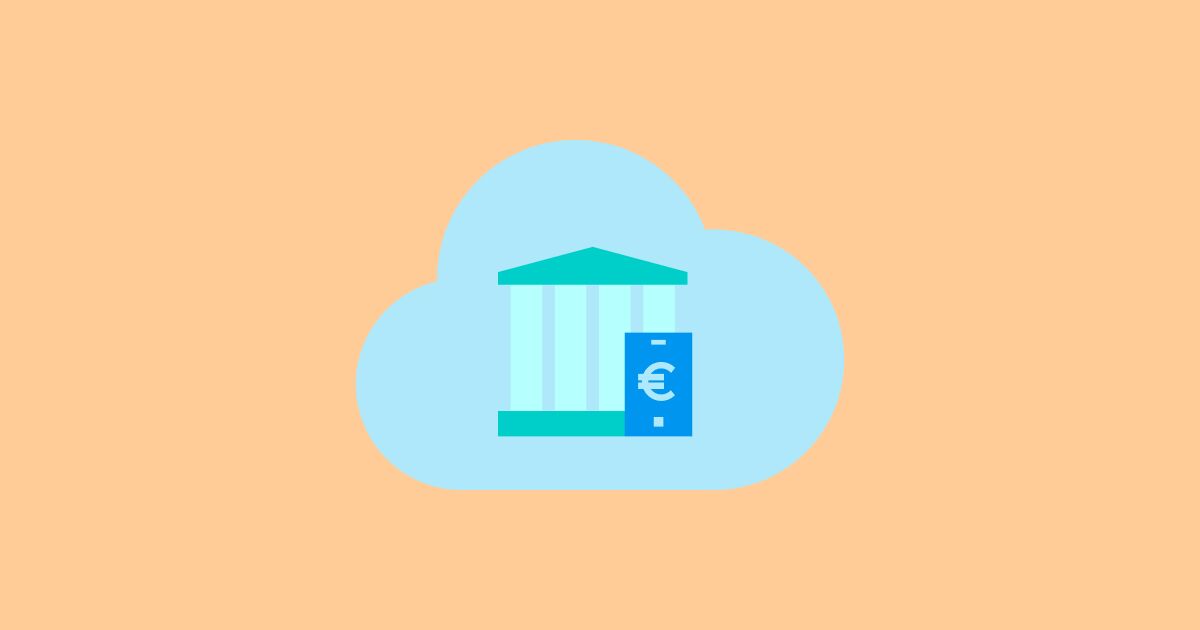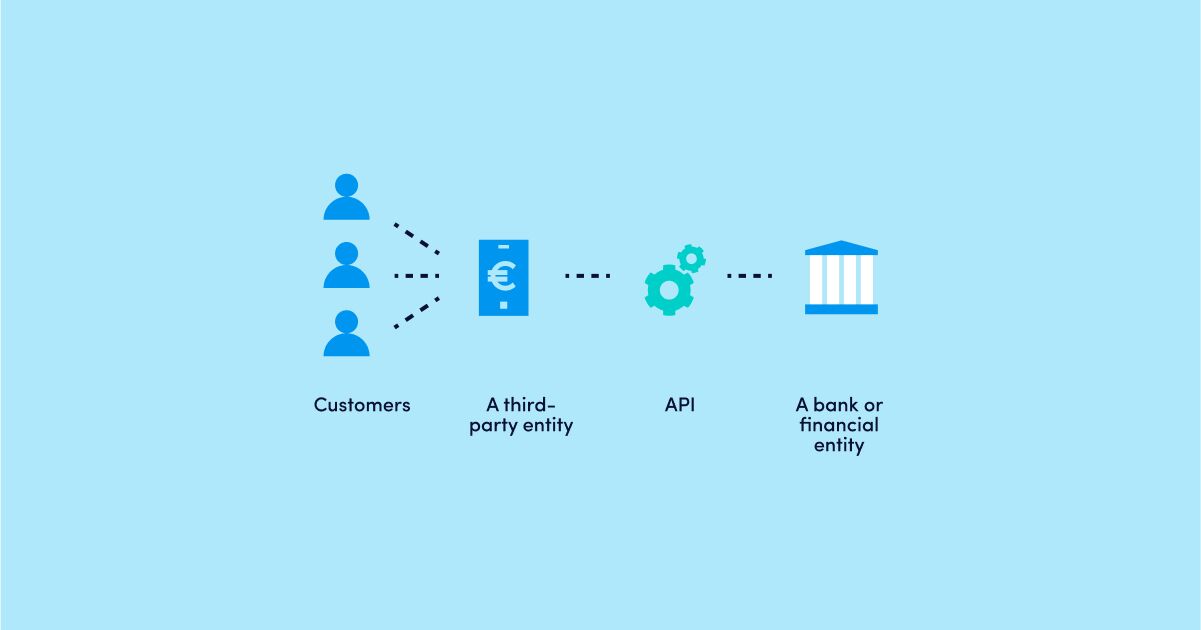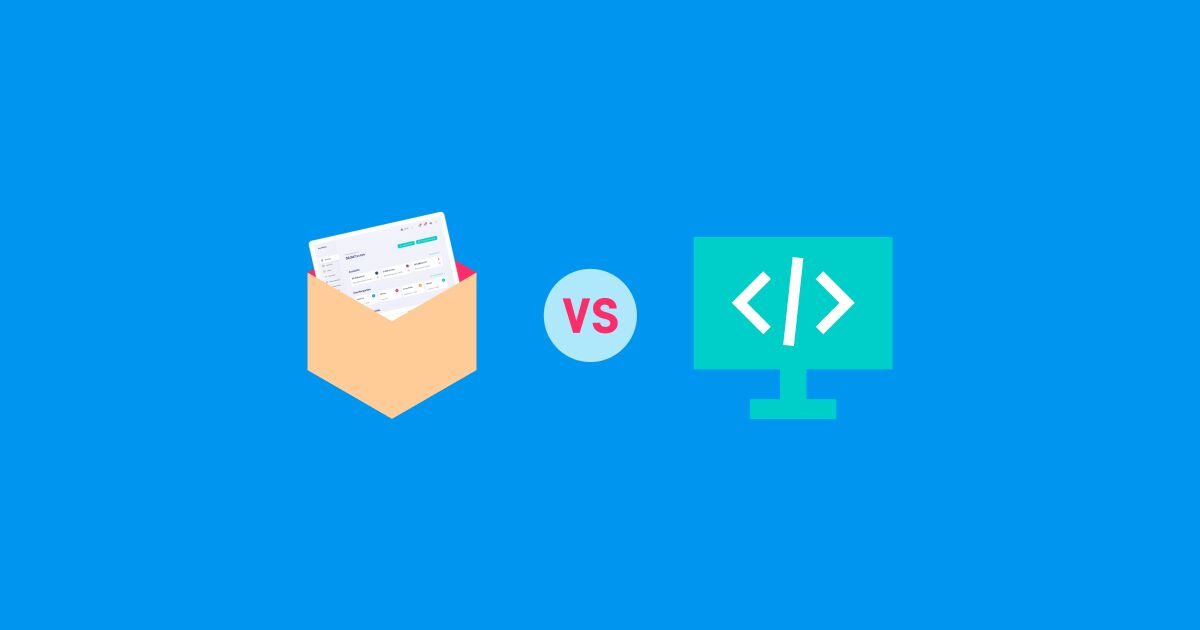Even though Cloud-based banking solutions aren’t a new technology, there are quite many sceptics, and there are people who still can`t trust this technology. Cloud-based Banking is no exception. Cloud Core Banking solutions have brought immense benefits to financial institutions.
The Cloud means that you can cut out high infrastructure costs and provide on-demand scaling and agility. Even though the benefits seem very tangible, financial services companies see several potential threats. The primary concern of IT professionals and business owners related to the Core Banking technology in the cloud is its security level and technological maturity.
There is a lack of knowledge about cloud technologies. As a result, people fear to take the first step to connect to the Cloud technologies.
We have analysed the most significant misgivings that our customers face when they think of how reliable Cloud technology is. Followed by this research, we have come up with a list of parameters, which explains that the Cloud-based Core Banking has very high security and reliability level.
Secure and Certified IT Infrastructure: Servers, Data Centres, Networks
To securely transfer data in the Cloud and prevent unauthorized access, it is essential to ensure high-level security, when managing servers and networks. According to regulations, fintech and banks must know the physical location of their data and how different customers’ data in the Cloud are separated. Modern data centres have a variety of widely recognized certifications in IT security – the most stringent industry standards verify their systems. For example, the Azure platform, which is used for our Cloud banking solutions, has developed a strong foundation based on world-class global infrastructure. It meets international, regional or industry-related standards and offers a variety of certifications. Azure cloud platforms are compliant with global fintech service standards: Payment Card Industry Data Security Standards (PCI DSS), different ISO standards, the General Data Protection Regulation (GDPR) and others. Besides global standards, platforms are compliant with fintech regulatory standards, for example, EBA (EU), AFM and DNB (Netherlands), AMF and ACPR (France), FCA and PRA (UK), FINMA (Switzerland), KNF (Poland), MAS and ABS (Singapore), NBB and FSMA (Belgium) and others.
Usually, recently established fintech companies do not have IT resources, knowledge, expertise to build the same-level infrastructure. But if it does, it will be too expensive, and definitely, it will not be a solution to build an extensive infrastructure cost-effectively.
Geo-Distributed Architecture
One of the significant benefits of cloud-based solutions is that microservices architecture powers them. Applications and solutions run using a flexible cloud infrastructure, such as serverless frameworks and containers. It enables us to develop a geo-distributed architecture and smoothly distribute the load on servers and control the distribution of service resources.
The microservice infrastructure enables fintech to easily and fast make any additional modifications or developments in the future without having an impact on other parts of the system. To build such architecture for new, small or medium-sized companies, it will be costly and will rather never pay off. Additionally, it requires a highly professional IT personnel to develop and build this type of ecosystem.
Compliance and Regulations
Alongside secure server configuration, regulatory and security expertise must be taken into account when evaluating cloud providers for Core Banking software.
Most cloud-based core banking platforms meet all industry-specific guidelines and are developed following specific region-wide regulations (e.g., the European Union). In fact, any new platform must be verified and confirmed by financial services regulators. They issue the legal consent and requirements for risk management, technical management of IT systems and information security, outsourcing requirements for external cloud service providers.
Identity and Access Management
An Identity and Access Management (IAM) system is a crucial requirement to manage information access rights. Usually, providers offer direct integration with your proprietary IAM system or implement their already built-in functionality. The system puts multi-factor authentication and user access measures in place to ensure that only authorized users can access and operate with specific data and applications. It includes a role-based authorization system, audit logs to keep track of different actions performed by admins and operators, and logging of administrative and operational changes for auditing at the later stage. This kind of solution ensures that nobody except the designated person has access to applications and data.
Extensive Encryptions – Additional Security Layer
Encryption is the key to keep cloud-based banking services safe. Therefore, banks and fintech store and process sensitive data using different encryption tools provided either by cloud technology companies or third parties. The main idea behind encryption is that once the data is moved to the Cloud, encryption keys are directly generated by the data owner to ensure that no one else can access the data.
When cloud technologies are in use, data is stored somewhere within the infrastructure to send back and forth on the Cloud’s platform. When information is in the transit stage or not used, encryption is necessary to encode them and add additional security layers and protect all the assets. It means without a decryption key; there is no chance that anyone can decode data.
Threat Intelligence, Monitoring, and Prevention
Threat Intelligence, Intrusion Detection Systems (IDS), and Intrusion Prevention Systems (IPS) are the foundation of cloud security and reliability in cloud banking.
Threat Intelligence and IDS provide the necessary functionality to detect and prevent any attacks automatically. Whereas, IPS is created to detect and stop an attack or possible incident from happening in the first place. Summing up all the previously mentioned parameters, we can see that out-off box cloud banking solutions are reliable, and there shouldn’t be any doubts regarding safety and security. Keep in mind that even though the highest security standards are in place for cloud solutions, fintech companies must ensure the highest level of protection on-site for staff working with applications to eliminate malicious attacks and security breaches internally.
Advapay is a technology company providing the Digital Core Banking platform to empower fintech clients or digital banks to start their businesses and accelerate digital transformation. The platform delivers all essential functionalities, a front-to-back system and a set of tools to customise and bring new integrations. With Advapay, potential and existing customers can connect either to the cloud-based SaaS or on-premise software. Besides the technical infrastructure, the company provides business advisory and fintech licensing services. Interested to learn more, please drop us a message.








